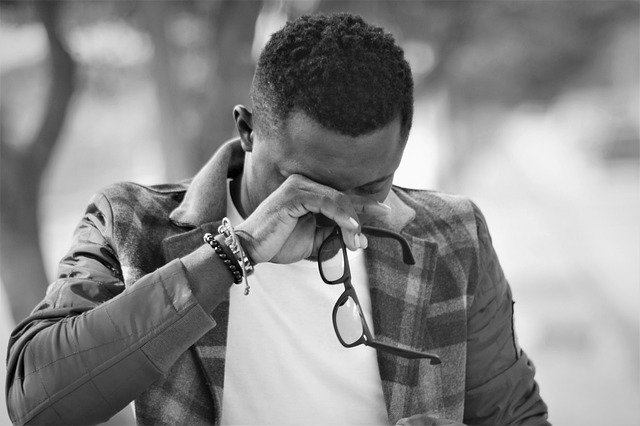According to the researchers, there are hardly any differences in the least happy age depending on whether we live in a rich or poor country
What is the age when a person feels worst about his life? An investigation, based on data from half a million people from 145 countries, argues that it is 48.
The study, led by Danny Blanchflower for Dartmouth College in the United States, argues that happiness is shaped like a “U”. “No ifs, no buts, well-being is U-shaped in age. It is in rich and poor countries. I found it in Europe, Asia, North and South America, Australasia and Africa. I found it in 12 countries ranked in the top 20 for life expectancy of 82 or more,” Blanchflower explains in statements to Daily Mail.
Thus, as we approach our half century of existence, our happiness levels progressively worsen, our stress levels are at their highest point, our finances are under pressure, and those who still have hair turn grey.
Happiness in the shape of “U”
However, on a positive note, from that age on, life begins to take a turn and we are practically full of joys until we reach 70.
“Vulnerable individuals and communities around the world will be devastated by the shock, because of both job and income loss but also from bereavement”
Blanchflower asked more than 500,000 respondents, “Overall, how satisfied are you with your life nowadays? ” And found that those in their late 40s gave the most negative responses.
Despite the fact that there are no major differences between rich and poor countries, Blanchflower also blames the 2008 economic crisis. “It seems it is normal to have a mid-life dip in wellbeing, but for many, especially those with the least skills, with little social support and few, if any, savings, that was too much to bear when a giant downturn came along in 2008”.
The finding of this lowest point of happiness in midlife is likely to add significant support to the notion that being in the 40s and 50s exacerbates vulnerability to disadvantage and crises.
Blanchflower, at the same time, notes that the current pandemic could replicate the results last seen after the 2008 economic collapse. “Vulnerable people and communities around the world will be devastated by this crisis, due to lost jobs and incomes, but also by grief.”
Blanchflower, at the same time, notes that the current pandemic could replicate the results last seen after the economic collapse of 2008. “Vulnerable individuals and communities around the world will be devastated by the shock, because of both job and income loss but also from bereavement”.
